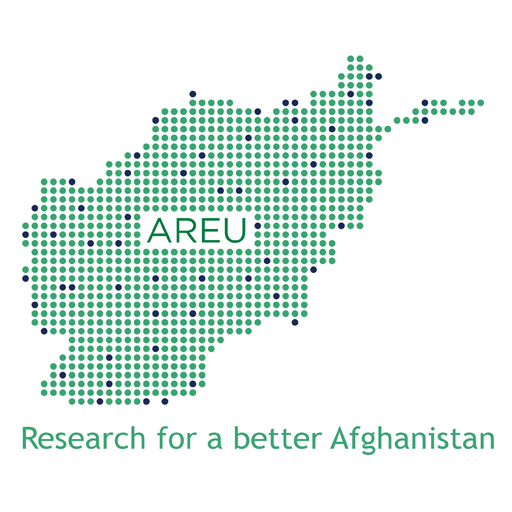
05 Feb Sharing Initial Findings on Good Urban Governance Study
Sunday, February 5, 2017
On February 5, 2017 Afghanistan Research and Evaluation unit (AREU) organised an open dialogue event to share the initial findings of the research on Good Urban Governance and gather comments from relevant key stakeholders. The event was held at Deputy Ministry of Municipalities (DMM). About 30 high-level representatives from Independent Directorate of Local Governance (IDLG), Deputy Ministry of Municipalities, National Environmental Protection Agency Afghanistan (NEPA), GIZ, UN-Habitat, UNDP, Asian Development Bank (ADB), and Friedrich Ebert Stiftung (FES) attended the dialogue.
In her opening speech, Dr. Orzala Ashraf Nemat, Director of Afghanistan Research and Evaluation Unit (AREU), highlighted the importance of the Govern4Afg project for policymakers in Afghanistan. The Deputy  Minister of Municipalities and Acting Director of IDLG, Mr. Abdul Baqi Popal, stressed that the strength of the research process was lying in its close coordination with relevant stakeholders, which would allow for a tailor-made approach and guarantee the relevance of the outcomes. Moreover, he considered the presentation of initial findings very timely and assured participants that the findings of the research would be applied in the finalisation of the sub-national governance policy.
Minister of Municipalities and Acting Director of IDLG, Mr. Abdul Baqi Popal, stressed that the strength of the research process was lying in its close coordination with relevant stakeholders, which would allow for a tailor-made approach and guarantee the relevance of the outcomes. Moreover, he considered the presentation of initial findings very timely and assured participants that the findings of the research would be applied in the finalisation of the sub-national governance policy.
The Deputy Director General of NEPA, Mr. Abdul Wali Modaqiq, emphasised the importance of considering environmental issues, such as pollution and greenery, in the context of urban planning in order to facilitate sustainable urban development for livable cities. He mentioned that “the study provides a very good opportunity to discuss key environmental concerns that have been ignored before.â€
After the opening remarks, the experts, Professor Kammeier and Zabihullah Issa, presented their discussion based on the main following points:
- Project context and schedule
- Challenges and opportunities
- Key issues, and answers to core questions
- Ways forward
- Points for discussion
The research deals with the main question of: "What is a good city in Afghanistan nowadays and in the medium-term future, and what must be done to create the essential physical, economic, and institutional preconditions, and promote and guide their most appropriate interaction?"
Answering this question requires determining specific dimensions of a “good city†including:
 - Livability: community engagement, health and well-being, housing, planning and zoning, safety and preparedness, social and support srvices, transportation
- Livability: community engagement, health and well-being, housing, planning and zoning, safety and preparedness, social and support srvices, transportation
- Resiliency
- Sustainability
Based on the initial findings of the study, defining an “ideal city†and its neighborhoods in Afghanistan needs a careful empirical analysis of economic and social possibilities for a certain time period. Otherwise, “postulating a complete ‘ideal city’ for straight implementation is just wishful thinking.†Furthermore, there is no a catalogue of Gozar and Nahiya standards for Afghanistan and it differs widely in area size and population. Therefore, the experts suggest that the Deputy Ministry of Municipalities, UN Habitat, and other stakeholders should coordinate their efforts and work toward a catalogue of realistic values as part of the preparations for the big programme.
The Open Dialogue was followed by a very active question and answer session and discussion among all the participants. One of the main questions raised by the Deputy Minister of Municipalities and Acting Director of IDLG, Mr. Popal, was regarding the roles and responsibilities of a municipality. He suggested that the study should also provide some clarification on the specific roles and functions that should be considered for a municipality.

